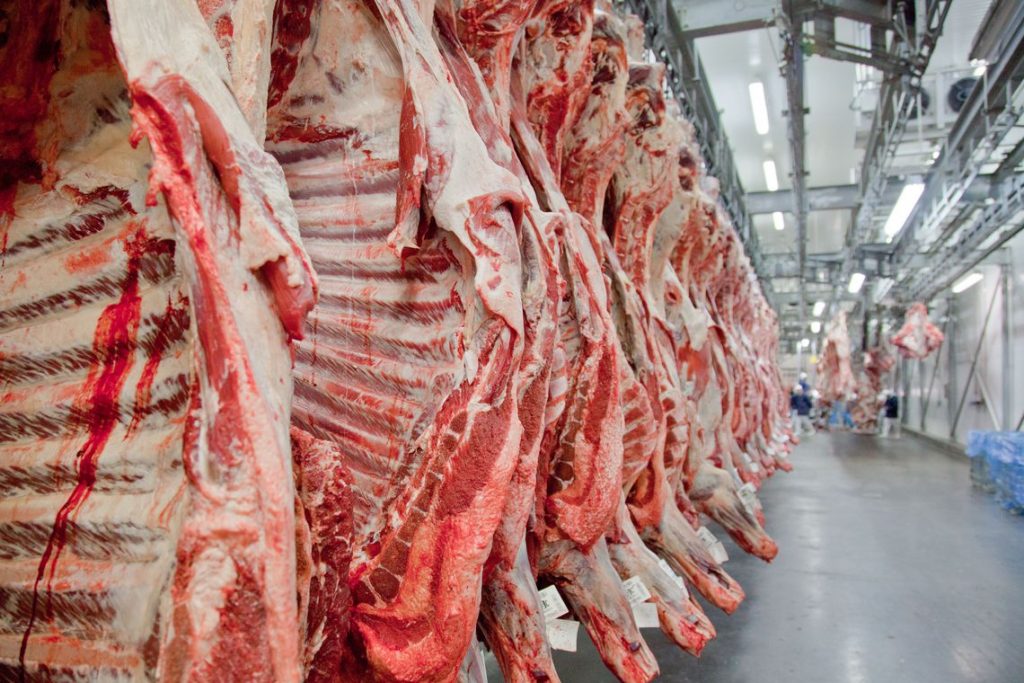São Paulo – Starting next May, Gulf countries will have a new requirement for exports of halal items, i.e. products fit for consumption by Muslims. The GCC Accreditation Center (GAC) anbd the Emirates Authority for Standardization and Metrology (Esma) will require Brazilian warehouses and cold storage chambers used for storing beef and poultry items after slaughter to comply under Category J.
According to Chaiboun Darwiche, the CEO at certifier Siil Halal, the new rule is designed to ensure that halal products do not get stored next to non-halal ones. “Compliance deadlines will be different for each warehouse. We’ll need to make visits and check whether there are proper facilities for each item. Pork items, for instance, cannot be stored with halal items,” he said.
Nizar Ghandour, the International director at the Federation of Muslim Associations in Brazil (Fambras), another certifier, explains that companies that rely on storage facilities will need to get accreditation. “As a rule of thumb, this applies to the bigger-sized companies,” explained Ghandour, since these enterprises often require third-party storage due to their bigger output.
Up until last January, there were no certifiers in Brazil working under the new category. Thus, the industry put in a request for the new category to be made valid only as of May. In February, both Fambras and Siil Halal were audited by the GAC, which is partners with Esma, and therefore issues accreditation to certifiers on behalf of both organizations. According to the CEO of Siil Halal, the company is already accredited, although official notices are yet to be made available on the certifiers’ websites. Cdial Halal got a provisional permit to certify warehouses and cold chambers, and is awaiting full accreditation.
Darwiche believes that 20 to 30 warehouses will require halal certification to comply. “We have processes for two companies underway. Since this is still a new thing, companies must get ready,” he said. He also pointed out that the new rule concerns especially beef and poultry, but any halal product shipped from Brazil must be stored separately.
Translated by Gabriel Pomerancblum




